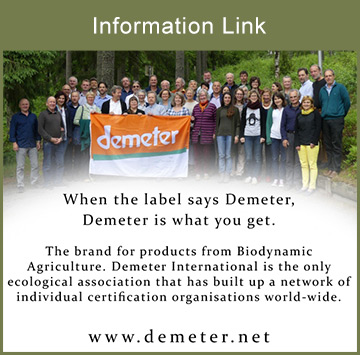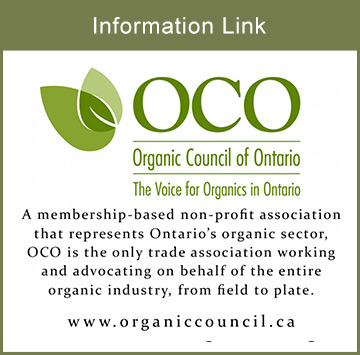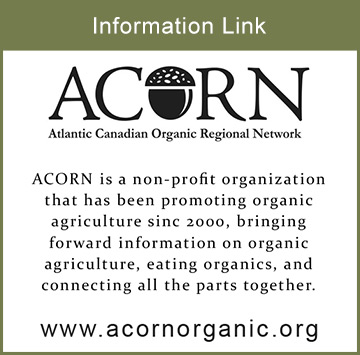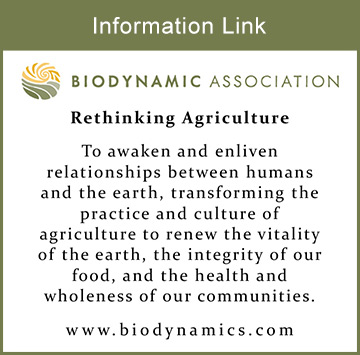What is Sustainability?
Sustainability is the ability to exist constantly. In the 21st century, it refers generally to the capacity for the biosphere and human civilization to coexist. Wikipedia
The definition of “sustainability” is how natural systems function, remain diverse and produce everything it needs for the ecology of an area to remain in balance. It acknowledges that human civilization takes resources to sustain a modern way of life. Sustainability takes into account how we might live in harmony with the natural world around us, protecting it from damage and destruction.
Throughout the world, people want the same things: access to clean air and water; economic opportunities; a safe and healthy place to raise their kids; shelter; lifelong learning; a sense of community; and the ability to have a say in the decisions that affect their lives.
A sustainable community takes into account human needs, not just one at the exclusion of all others. It takes a long-term perspective – focusing on anticipating and adapting to change in both the present and future.
What are the Primary Goals of Sustainability?
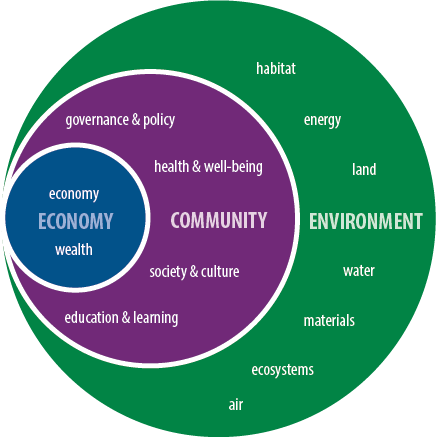 We all know what we need to do to protect the environment, whether it is recycling, reducing power consumption by switching electronic devices off rather than using standby, by walking short journeys instead of taking the bus. It also includes the following:
We all know what we need to do to protect the environment, whether it is recycling, reducing power consumption by switching electronic devices off rather than using standby, by walking short journeys instead of taking the bus. It also includes the following:
- reduction in carbon emission
- protection of eco-systems
- protection of air quality
- protection of water quality
- protection of natural resources
- technology for a greener future
How to Create a Smaller and Greener Footprint?
For many individuals sustainability is about making changes that create a smaller and more greener footprint. Many of these concepts can be implemented quite easily and quickly into our everyday lives. Other means of sustainability incorporate major changes to lifestyle, building construction, etc.
- recycle, reduce, reuse, repair
- become a conscious consumer
- reduce the need to shop (consumerism) and support more natural choices
- eliminate the use of plastics and the purchase of plastics
- cook at home instead of eating out
- compost - make healthy soil
- garden - grow your own food
- shop locally - support local farming - join a CSA
- make and/or use items made of biodegradable materials such as cotton, hemp, etc.
- utilize natural building and construction materials whenever possible
- implement solar and wind energy solutions
- implement alternative fuel solutions such as biochar, ethanol, etc.
- earthships; tiny homes; hobbit homes; cobwood, hemp, straw bale home construction


